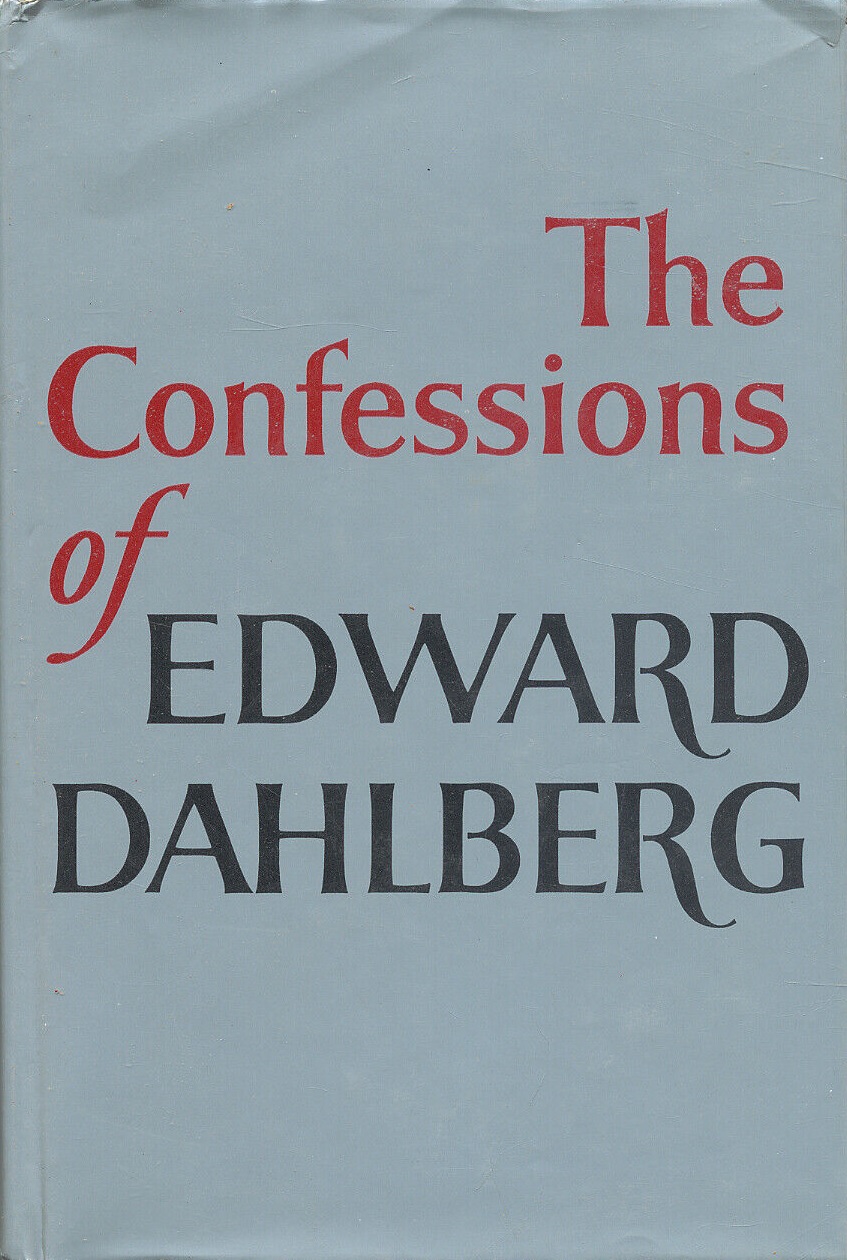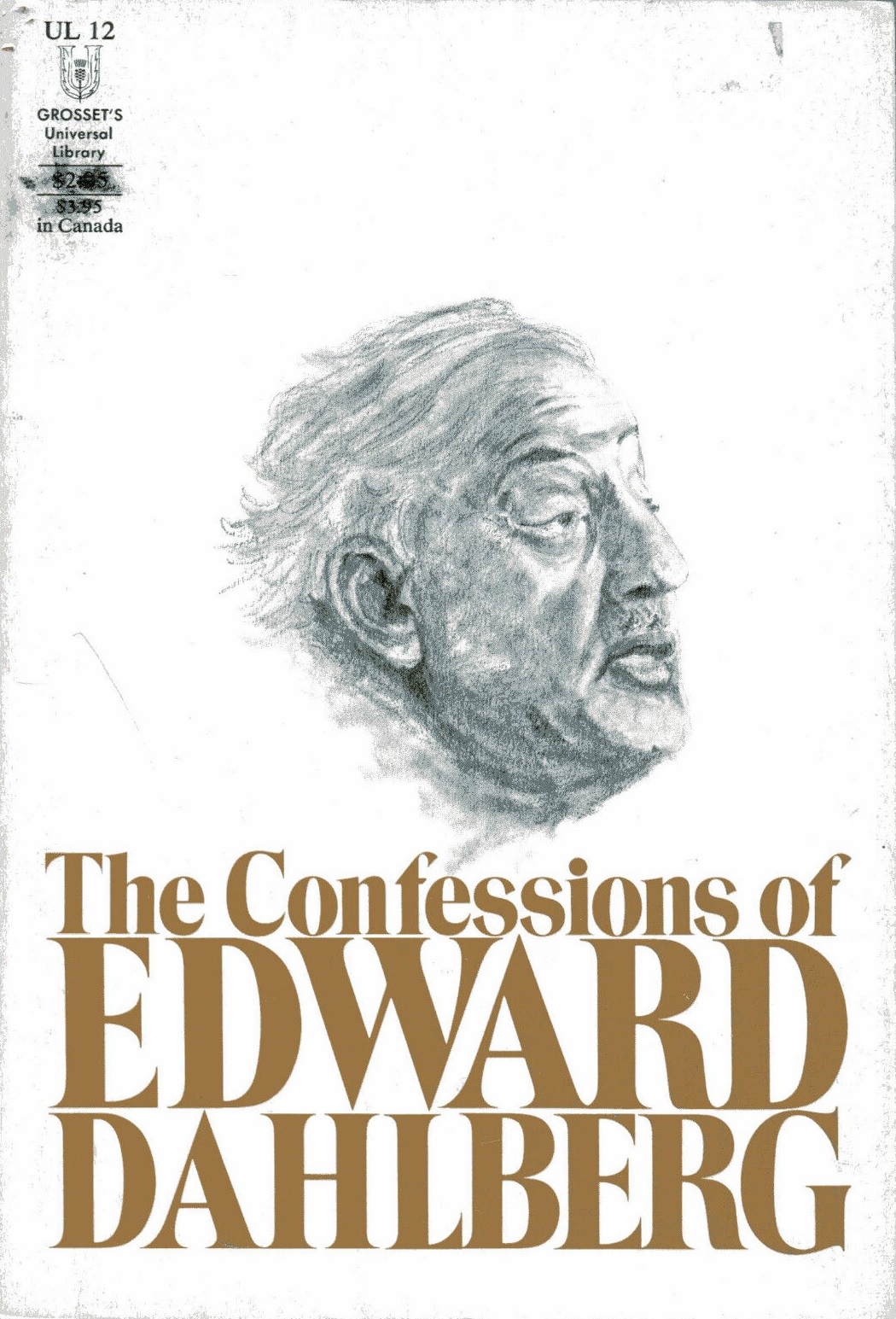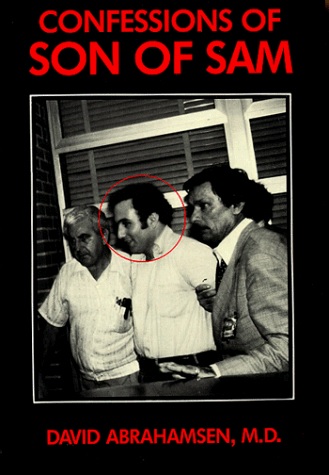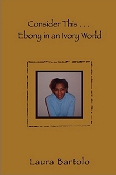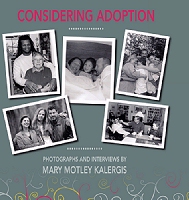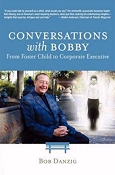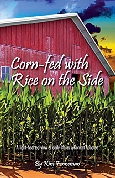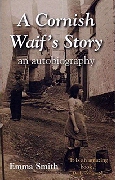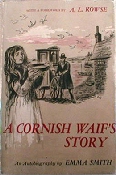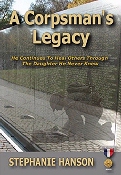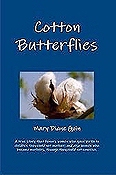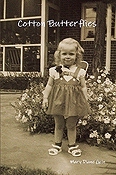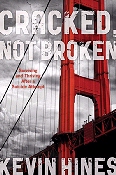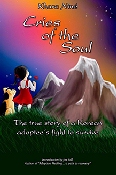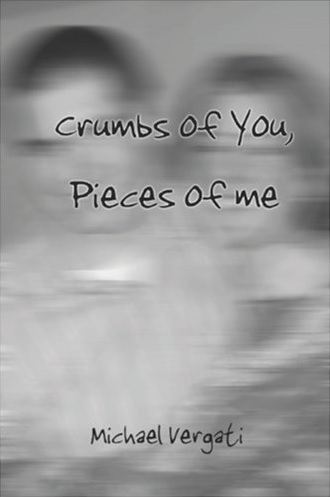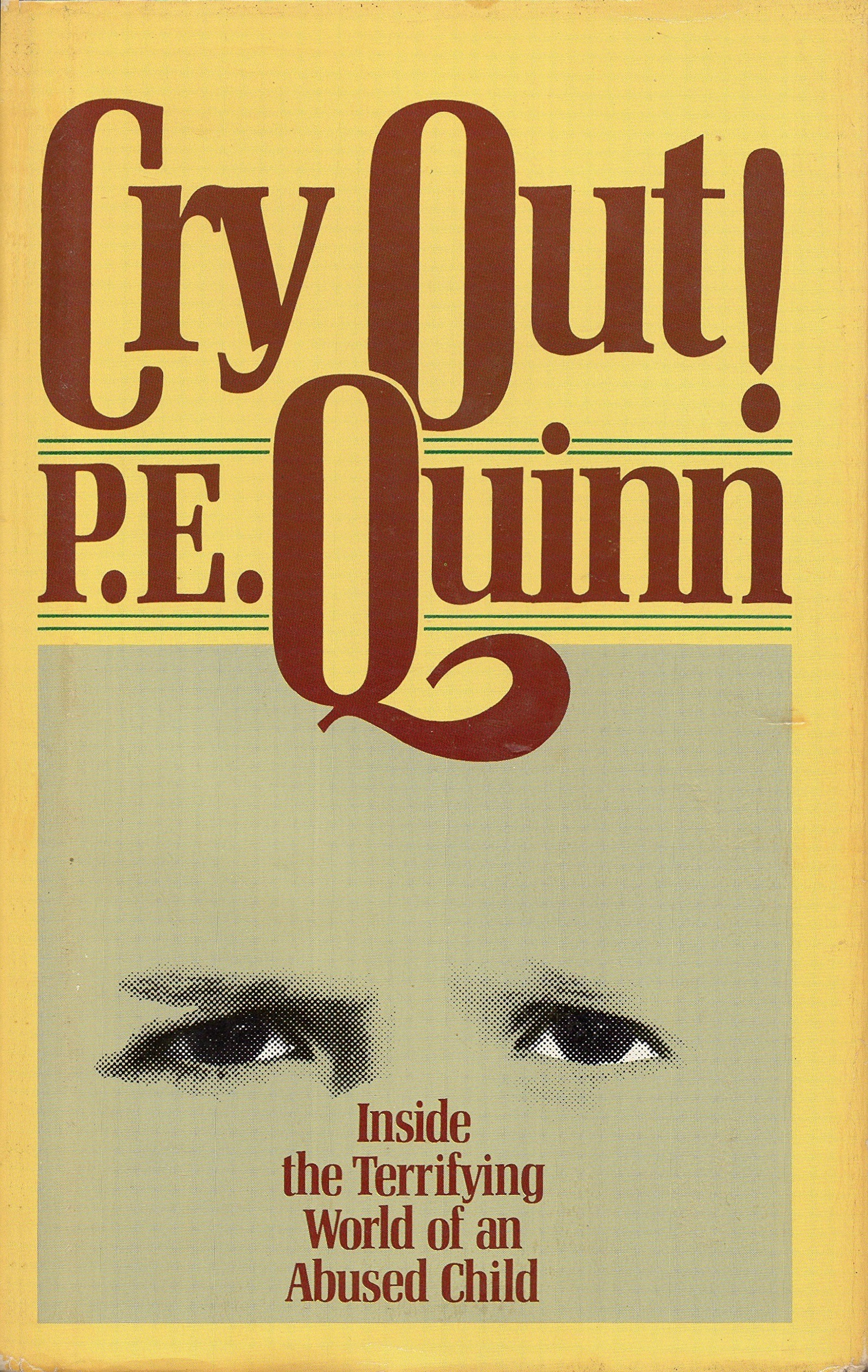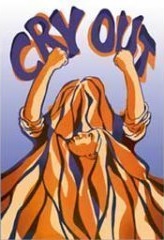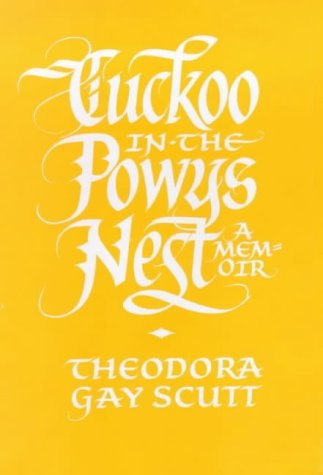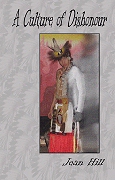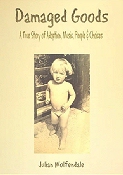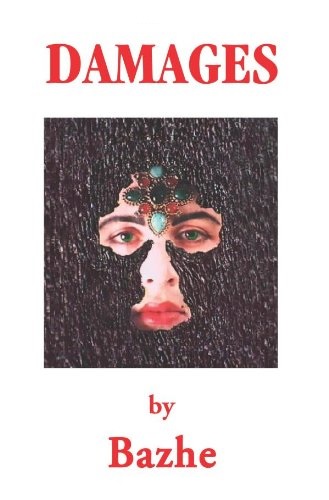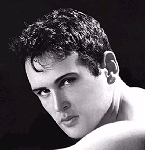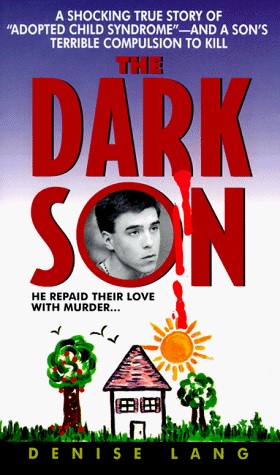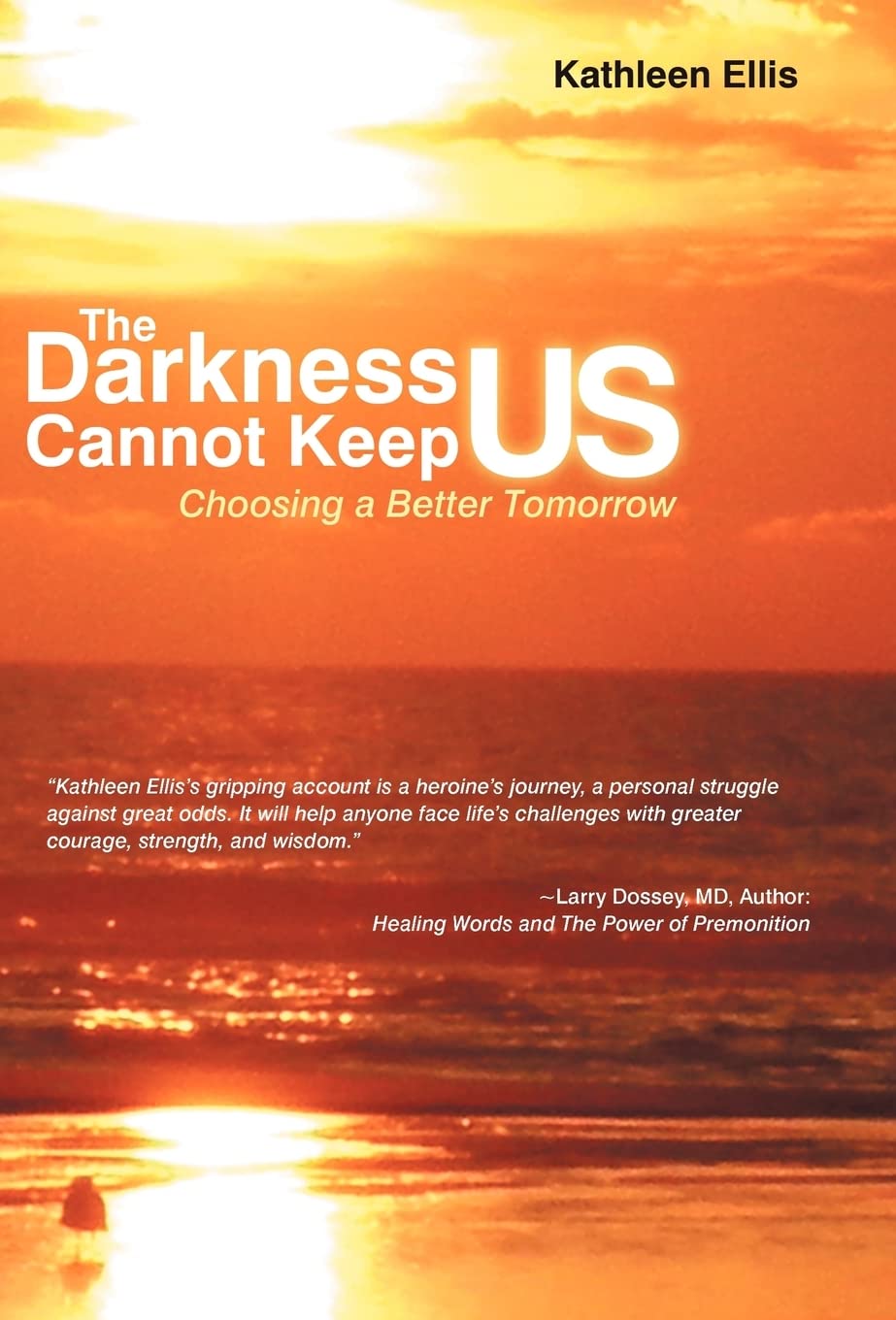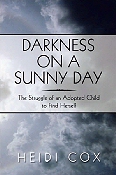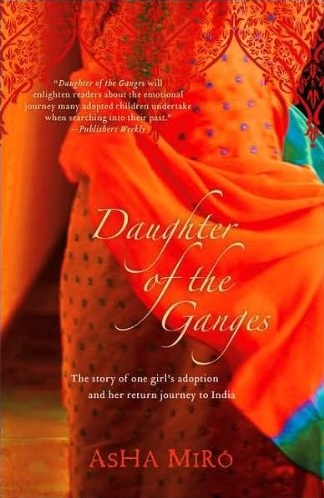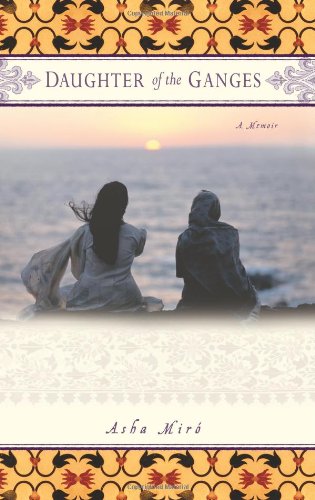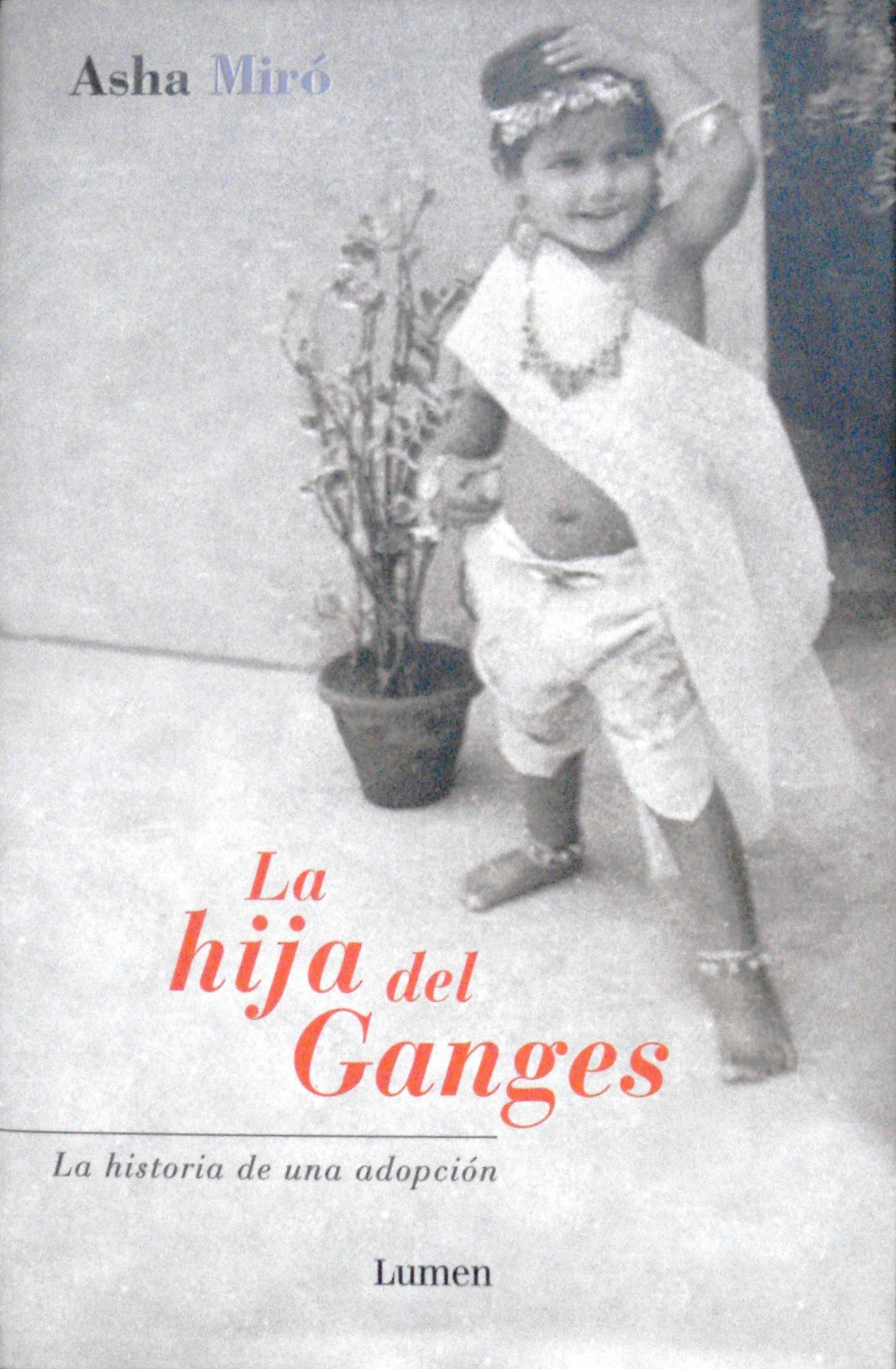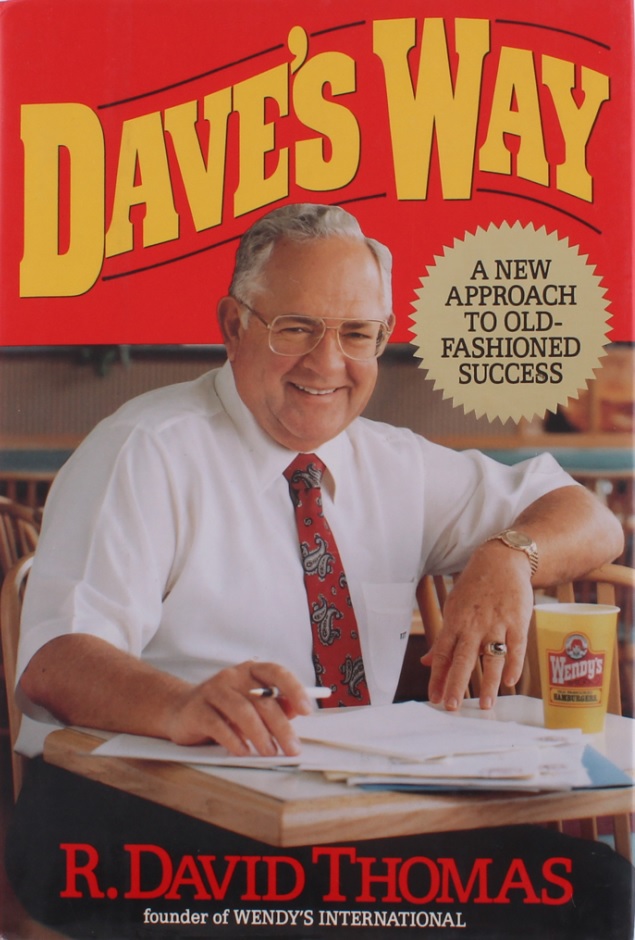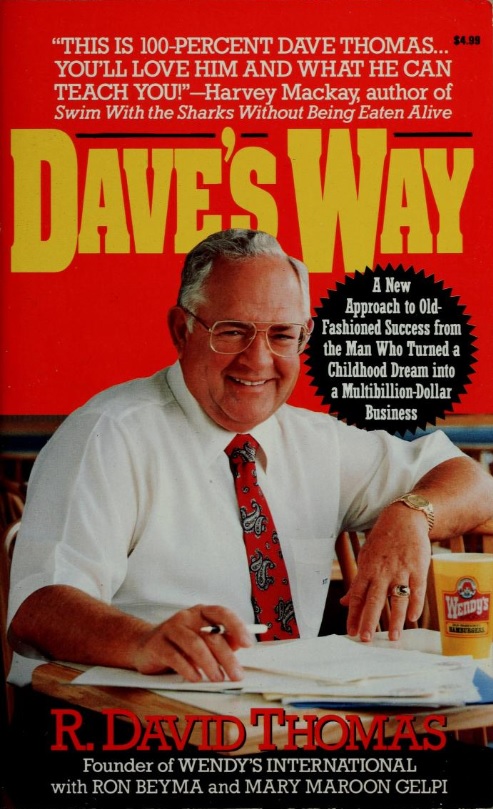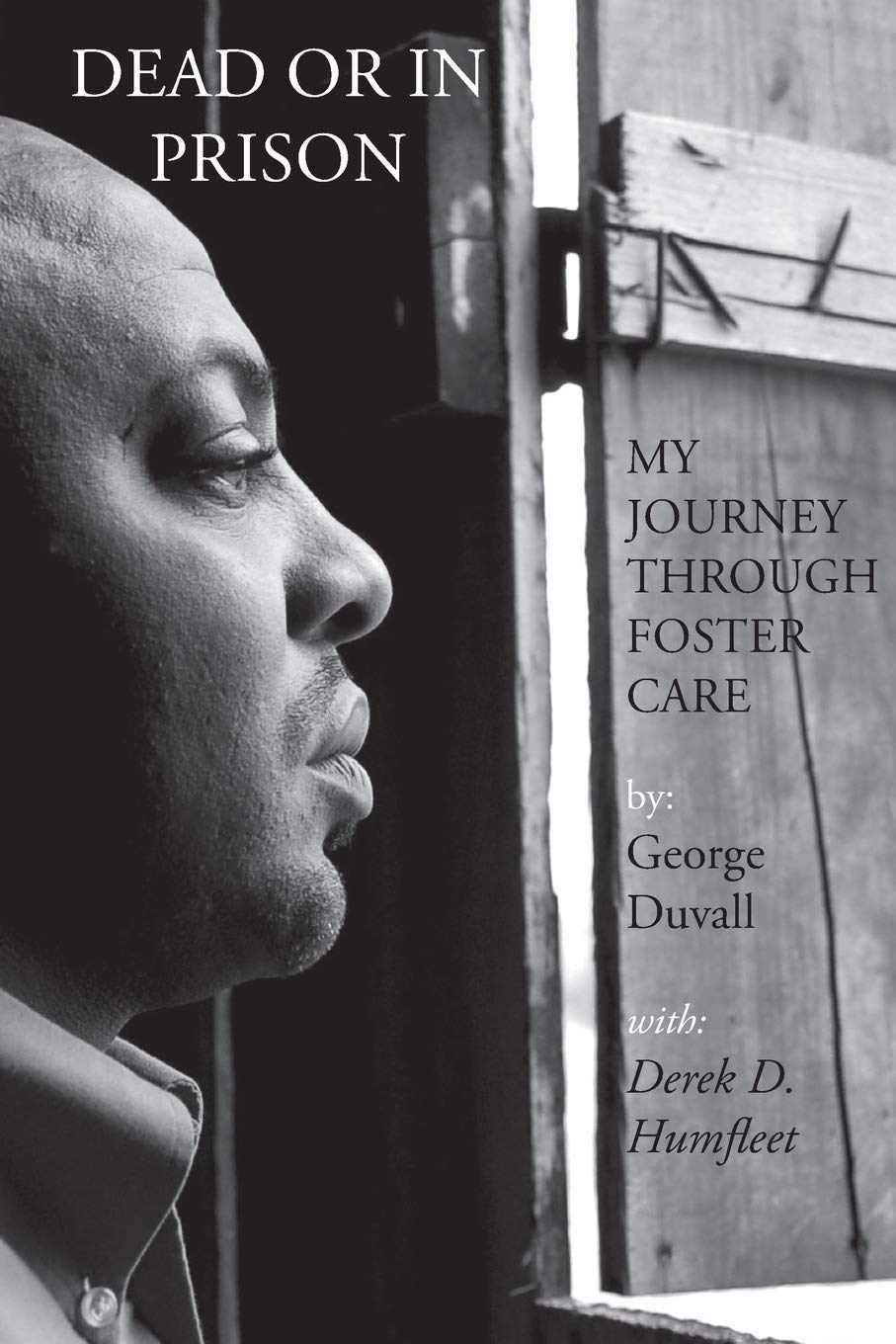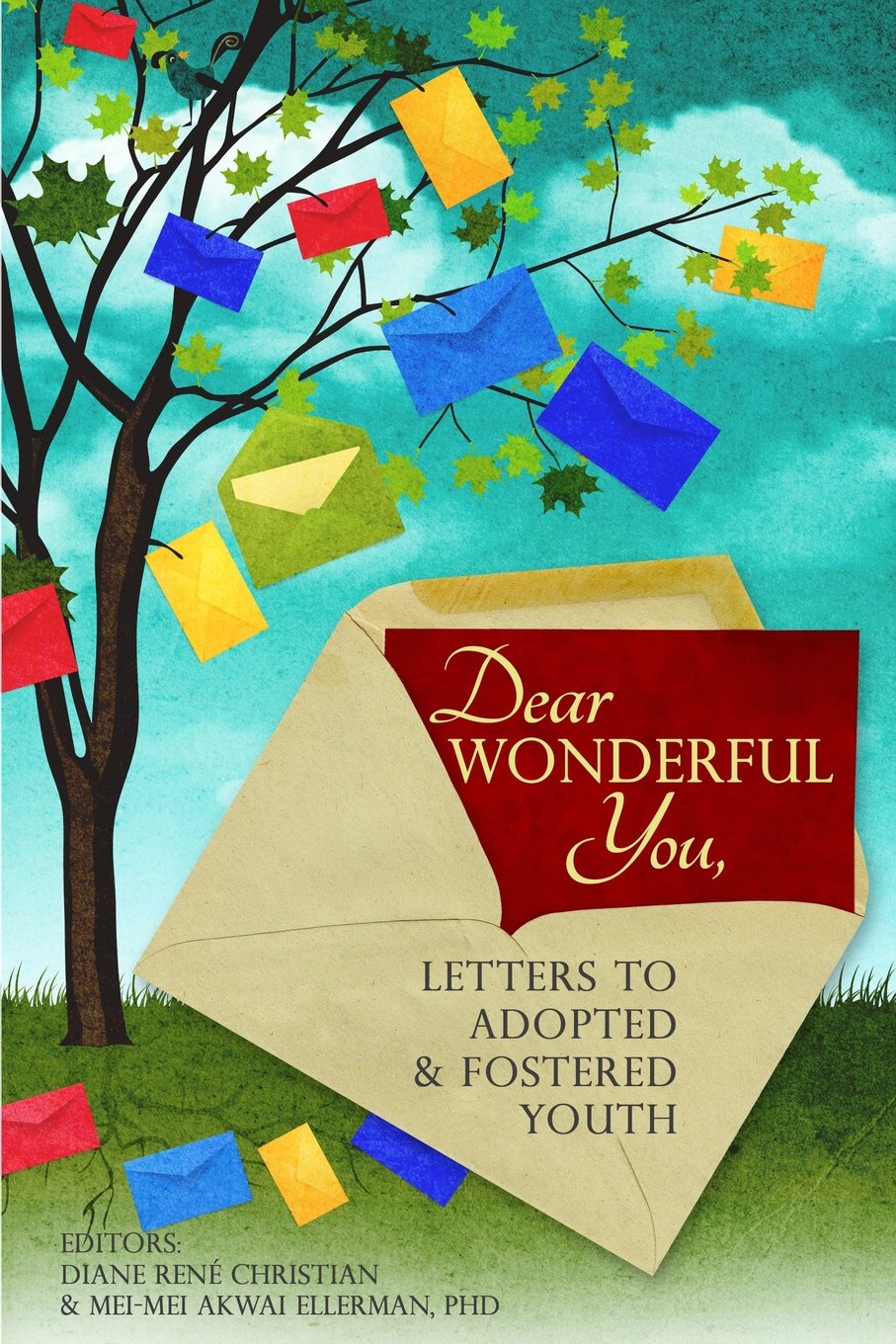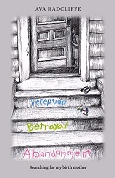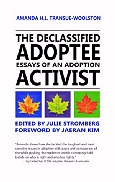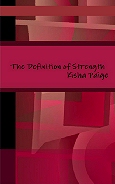From the Dust Jacket:
In 1976 the country was shocked and fascinated by a bizarre series of murders in New York City. The killer, known as “Son of Sam,” Stalked his victims after dark, choosing as his prey young women, usually sitting with their dates in parked cars. For one long year, the city lay in the grip of fear.
On August 10, 1977 it was finally over. David Berkowitz was arrested, and eventually sentenced to several hundred years behind bars. But the story didn’t end there. In March 1979 Dr. David Abrahamsen, a psychiatrist retained by the Brooklyn district attorney to examine Berkowitz—and the only one to judge him competent to stand trial—received a letter from the killer. He wanted to tell his whole story to, ironically, the man who pronounced him fit for trial.
Confessions of Son of Sam is a probing analysis of the mind of the man responsible for one of the most terrifying and most publicized serial murders of all time. Based on fifty hours of personal interviews with Berkowitz and 400 pages of personal correspondence with him, it is a unique and compelling portrait of a killer who told all to the psychiatrist he came to know and confide in; a man he knew he could not fool. The story is one of a life steeped in emotional pain, of a seemingly unfeeling orphan desperately searching for his real mother, only to endure even more devastating pain upon finding her.
From police interrogations, exhaustive psychological tests, and numerous discussions with Berkowitz’s family, friends, former teachers, and others, Abrahamsen unmasks the killer’s complex personality, weaving both a terrifying psychological profile and a riveting detective story. This gripping case history is perhaps the first time a serial murderer has consented to being psychoanalyzed and having the results made public. The author traces “the evolution of a double nature, where tenderness fought rage, love battled hate, defiance pitted itself against compliance, brutal instinctiveness countered a marked, conscious intelligence; and where reality and fantasy lived side by side in a sometimes barely delineated coexistence.” Investigating what made this man kill, he shows that Berkowitz is not a Jekyll and Hyde, but that his unending disappointments are different only in degree from those experienced by other criminals—or by all of us.
About the Author:
David Abrahamsen, M.O.
has worked for more than forty years in psychiatry and criminal pathology as a practitioner, professor, and commission member. He has taught in the Department of Psychiatry at the College of Physicians and Surgeons, Columbia University; Yale Law School; and the New York School of Social Work at Columbia University; and has been a Research Consultant in psychiatry at New York City’s Roosevelt Hospital. The distinguished author of thirteen books, including Crime and the Human Mind, The Psychology of Crime, and Nixon vs. Nixon, Dr. Abrahamsen is a practicing psychoanalyst and a fellow of the American Psychiatric Association, the New York Academy of Medicine, and the American College of Psychoanalysts. He frequently appears in television, newspaper, and magazine interviews.
